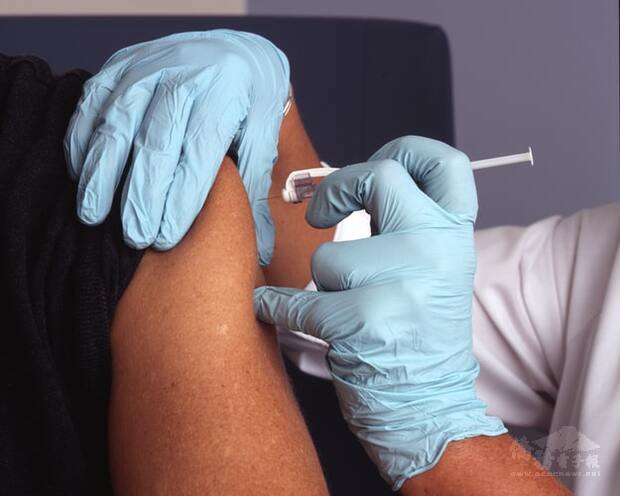
Taipei, March 6 (CNA) China's "vaccine diplomacy," which has become central to its foreign policy in 2021, may hamper Taiwan's efforts to build relations with developing countries, according to an expert at a think tank in Taipei.
"China, as one of the few countries other than the United Kingdom and the United States to have produced a COVID-19 vaccine, will certainly use that as a diplomatic tool," said Kung Shan-son, an assistant research fellow at the government-funded Institute for National Defense and Security Research (INDSR).
Beijing's major goals in its "vaccine diplomacy" are to promote its national image via humanitarian aid and to solidify its relations with countries that are included in its "Belt and Road" initiative, Kung wrote in an article published March 5 in the INDSR bi-weekly Defense Security magazine.
Beijing's "vaccine diplomacy," aimed mainly at developing countries, may negatively impact Taiwan's "New Southbound Policy," which was introduced in 2016 by the administration of President Tsai Ing-wen (蔡英文) to reduce Taiwan's dependence on China, Kung said.
"The Philippines, Myanmar, Cambodia and Laos are some of the countries included in the New Southbound Policy that are also being targeted by Beijing in its vaccine diplomacy," Kung wrote.
Countries that receive vaccine supplies from China will feel pressured in their engagements with Taiwan, which is considered by China as one of its provinces, Kung implied in the piece titled "Outlook of the CCP's Foreign-related Work in 2021."
According to Chinese media, China's Foreign Ministry spokesman Wang Wenbin said Feb. 4 that Beijing would provide 10 million doses of vaccines to the COVID-19 Vaccines Global Access (COVAX) to meet urgent needs in developing countries.
COVAX is a global initiative aimed at equitable access to COVID-19 vaccines, led by the Vaccine Alliance, the World Health Organization, the Coalition for Epidemic Preparedness Innovations, and others.
At the end of February, Chinese Foreign Ministry spokesperson Zhao Lijian said China was exporting COVID-19 vaccines to 27 nations and providing vaccine aid to 53 countries in need, as part of Beijing's efforts to "follow through on President Xi Jinping's pledge that vaccines must be a global public good."
In Kung's article, he said that despite China's "vaccine diplomacy" efforts, its aggressive "Wolf Warrior" diplomacy may continue to alarm western countries, especially the U.S., and thus bolster international support for Taiwan.
Meanwhile, Kung said, Beijing's external efforts in 2021 will also include economic recovery, regional integration, and global issues such as climate change and public health.
Beijing is also likely to work on addressing new challenges in its relations with the U.S. and building on its ties with Russia, as it celebrates the 20th anniversary of a good neighbor and friendly cooperation treaty with the latter this year, Kung said.